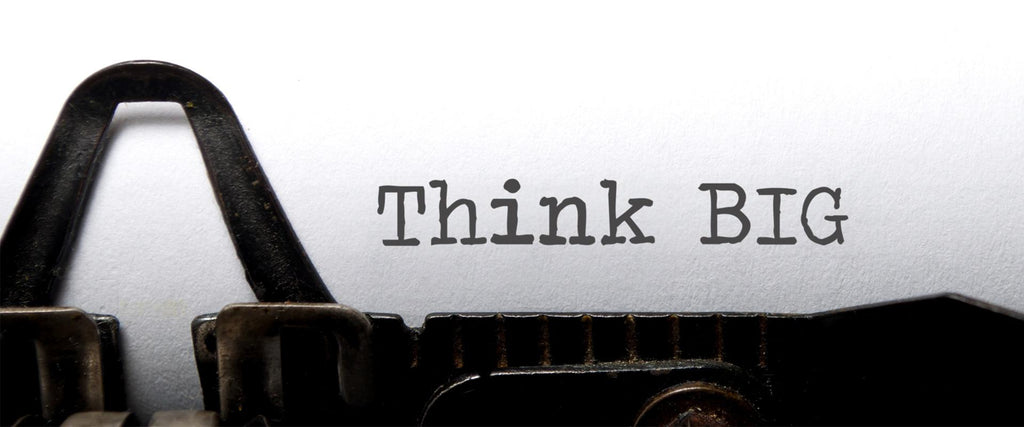I drink 1-2 cups of tea or coffee an hour whilst i am up (unless i am out of the house/office), sometimes more? I just enjoy the taste and like having a hot drink, i dont feel energised by it at all, i've never understood the talk of people 'bouncing off the walls' and such with coffee and tea. Now and then i will just have hot water instead and that's fine too, just doesnt taste as nice. I don't find that it has any effect on my bowel movements, my sleeping etc. I sleep normally every night, and i've never been one to nap in the day. I find it interesting to read about all these reactions and the conviction different people have to caffeine and cutting it down etc, but i can't relate to it at all.
Yea there's a specific genetic trait that determines how you metabolise caffeine. At one end you have people like me who are very sensitive, and with a strong coffee feel very strong effects. Then there are people like you and @Skillmister who smash coffee and don't get any of effects.
https://www.coffeeandhealth.org/201...ts-three-main-groups-of-caffeine-sensitivity/
An individual’s response to caffeine is likely determined by two main genetic factors: whether their liver can metabolise caffeine quickly or slowly1-3.; and whether they carry a genetic variation that makes their central nervous system more sensitive to caffeine’s stimulating effects1,4-8
Based on these genetic factors, Dr Langer has proposed three descriptive levels of overall caffeine sensitivity:
Slow-metabolism in the liver and high binding in the central nervous system. Even small amounts of caffeine will cause a stimulating effect and higher doses may cause sleep problems, as seen in a minority of people.
- High sensitivity to caffeine
The balance between caffeine inactivation in the liver and binding in the central nervous system means that the individual can typically drink 2-5 cups of coffee during the day without adverse reactions or sleep disturbances. Caffeine is normally not recommended in the evening, but individual differences prevail, as seen in most people.
- Regular sensitivity to caffeine
Fast-metabolisers of caffeine. Higher intakes can be consumed, (although healthcare professionals should advise that they still stay within the EFSA guidelines of no more than five cups of coffee per day9). Coffee drinking before bedtime does not typically disturb sleep.
- Low sensitivity to caffeine
On one hand it's good if you enjoy the drinks for their taste, but on the other hand if you need the boost you've not really got that as an option.








